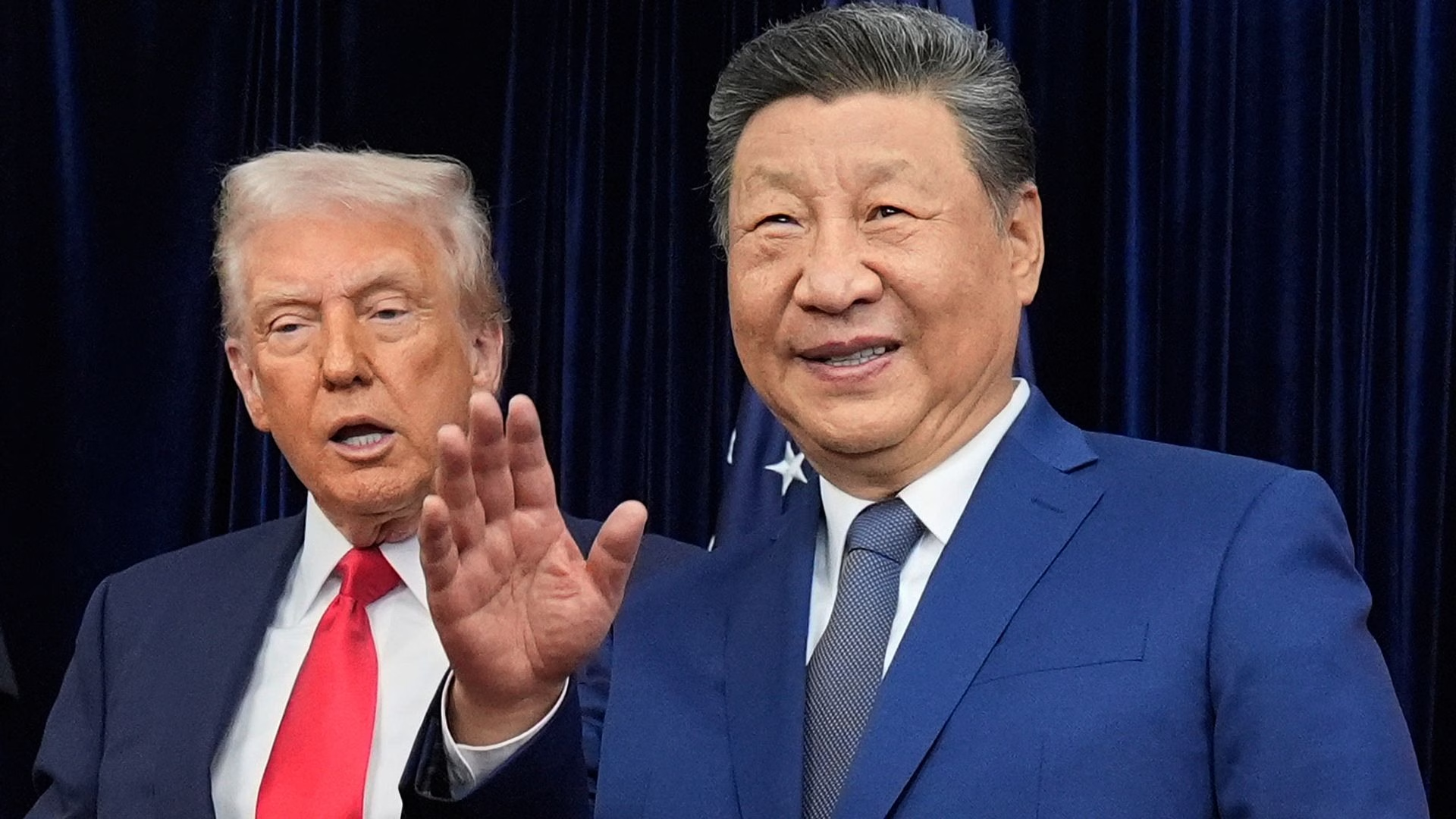Editor’s Note: This report is part of a Source series on transparency in the Virgin Islands. Each story highlights both the issues at hand and the obstacles the Source has encountered in obtaining timely and complete public information, including questions over what is public under Virgin Islands law. By documenting these challenges, the series underscores why access to accurate records matters — for accountability, for community trust, and for understanding how decisions affect daily life in the territory.
Since the separate killings of two men by police officers this summer, the V.I. Police Department has declined to answer all but the most basic questions about the incidents and the officers involved, citing departmental policies that a VIPD spokesperson has also failed to provide.
Alejandro Torres III — who in April spoke with the Source and other media outlets about pressure from the V.I. Housing Finance Authority to vacate the LBJ Gardens neighborhood — was killed in July after his mother, Luz Fulgence, called 9-1-1. Fulgence told the Source in July that officers never spoke to her before shooting Torres one street away.
According to a statement police issued at the time, “a struggle ensued with the son and both officers who responded. At that time, one of the officers discharged their firearm striking the male once.”
One month later, police on St. Thomas shot and killed 36-year-old Tyler Simpson while responding to a burglary call in Frenchman’s Bay.
The Source has repeatedly requested information about the shootings under the territory’s public records laws. On Aug. 8, the Source asked VIPD spokesperson Glen Dratte: whether VIPD had finished its internal review of the shooting; whether the involved officers were on administrative leave and whether any disciplinary actions had been taken; and whether the involved officers were wearing body cameras. The Source did not receive a response.
Neither did Dratte respond on Aug. 11, Sept. 2, Sept. 8 or Sept. 9, though he did tell another Source reporter this week that the officers involved in both shootings remain on administrative leave. Both remain active investigations being conducted by the department’s internal affairs division, he said.
VIPD has also declined to provide recordings of the incident captured by the officers’ body-worn cameras — or even what their policy on body-worn cameras is.
Dratte — who according to the government’s transparency website draws a $123,696 annual salary — responded to the Source’s most recent request for the footage by saying that, “Any Audio or Video content involved in an ongoing investigation cannot be shared with the public. The Internal Investigations Bureau handles all administrative matters. I don’t have any information on the policy; however, I inquire [sic].”
That stance is not supported by the Virgin Islands Code, which defines “public document” as “any public record, regardless of format or purpose, supported in whole or in part by public funds,” including “printed or audio-visual forms of communication and their accompanying technology.” Exceptions include medical records, trade secrets, and “Peace officers’ investigative reports, except where disclosure is authorized elsewhere.”
The V.I. Code also states that it “shall be unlawful for any person to deny or refuse any citizen of this Territory any right” included in its section on public records. “Any person knowingly violating or attempting to violate any provision of this chapter shall be guilty of a misdemeanor and upon conviction shall be punished by a fine of not more than one hundred dollars.”
U.S. Virgin Islands law doesn’t appear to address body-worn camera footage at all, making the territory something of a minority. According to the nonprofit Reporters Committee for Freedom of the Press, 33 states have laws outlining public access to body camera recordings. Public access to recordings has been established by court cases in two others, and legislation has been proposed in eight more. No such laws exist in Alaska, Maine, Vermont, Delaware, West Virginia, South Dakota or New Mexico.
The clearest indication that the VIPD at least has a policy regarding body-worn cameras comes from an October 2024 update filed in U.S. District Court as part of the department’s federal consent decree.
The filing came months after former police commissioner Ray Martinez fired his gun while apprehending a mentally-unwell man accused of killing his father. Afterward, the federal government and court-appointed monitors acknowledged the shooting and said they had “reviewed a memorandum from VIPD summarizing the actions it has taken in response to the findings and recommendations of its consultant’s investigation.”
“As a result of the consultant’s investigation, VIPD reported that it has revised its body-worn camera (BWC) policy to ensure that officers do not intentionally obstruct BWCs or position themselves to impede the BWC’s recording of an incident,” according to the filing. “Further, VIPD officers will no longer be expected to charge their cameras at home, as VIPD is placing docking stations in each zone and requiring officers to dock their BWCs at the end of their shift to ensure that they are charged, and that recorded videos are downloaded once their shifts end.”
It’s not clear why departmental policy would supersede the territory’s public records laws or even whether public access is addressed by that policy, but it is clear that VIPD regularly releases investigative materials to the public when soliciting their help.
Since Friday, media outlets — mostly in the U.K. — have been flooded with surveillance footage depicting the last-recorded sighting of Sarm Heslop, a British woman who went missing near St. John in 2021. The CCTV footage was provided exclusively to the BBC, and Chief of Police Steven Phillip is quoted as saying, “We’re at a dead end.”
“If anybody could look at this video and see something and say something it can help. That’s why now,” he told the BBC.
St. Croix Source
Local news



